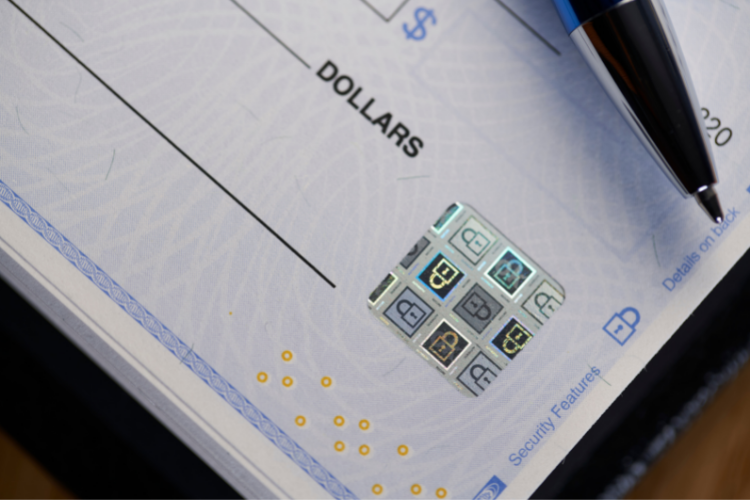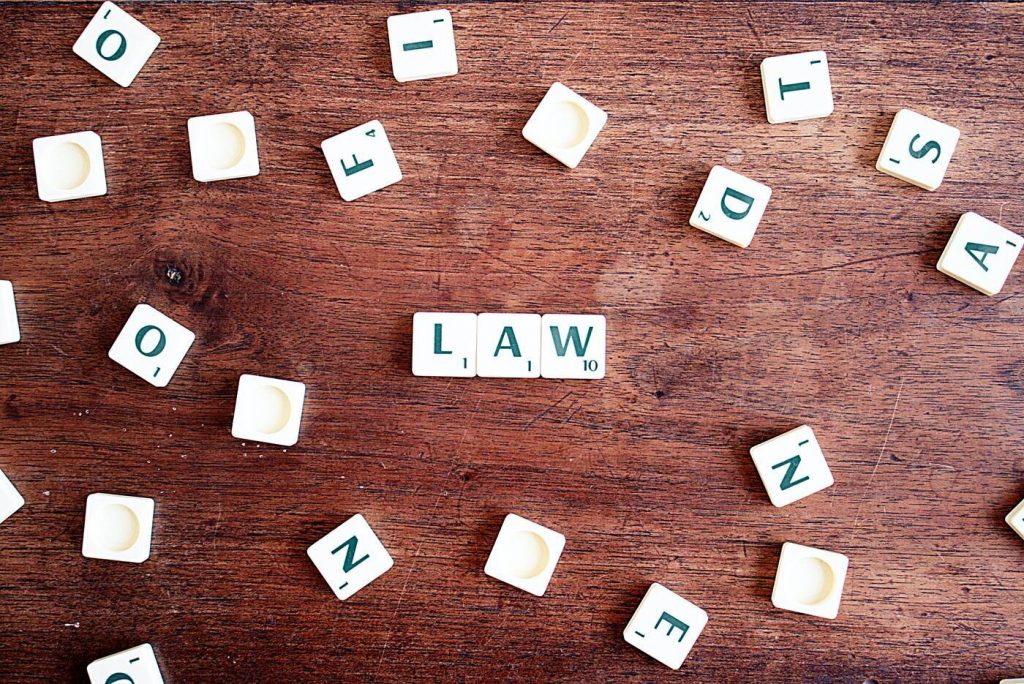
Definition, consequences, and potential defenses– In recent years, digital fraud, such as hostile websites that steal credit card information, has received widespread attention. But people still get arrested for writing bad checks. Commonly referred to as hot checks or check fraud, this occurs when someone knowingly or intentionally writes a check for an amount higher than what they have in their bank account. This can result in serious penalties under Texas law.
What counts as a bad check in Texas?

People often overdraft their bank accounts by mistake, simply because they haven’t recently checked their account balance or because of something beyond their control, such as a late paycheck. Many banks provide overdraft protection for situations like this. In these situations, the customer will simply have to pay an overdraft fee on their account for insufficient funds.
The difference between going into overdraft and writing a bad check is knowledge or intention. While the former is a mistake, the latter is a deliberate choice to write a check for more than the balance of your bank account. To convict someone of check fraud, the prosecution must be able to show that the person knew that the amount on the check they were writing was greater than their account balance.
How does the prosecution prove you knew you were writing a bad check?
The prosecution can use a variety of types of evidence to prove that the defendant knowingly wrote a bad check, including surveillance footage from banks, which can show the exact moment that a bad check was written.
However, the Texas Penal Code provides several circumstances under which it can be assumed that a defendant knowingly wrote a bad check:
- The defendant had no account with the bank he wrote a check from at the time the check was written.
- The bank provided notice of lack of funds or insufficient funds within 30 days of the check being written, and the defendant failed to pay back the money in full within 10 days of receiving this notice.
What are the penalties for check fraud in Texas?
The penalties for writing a bad check in Texas generally depend on the amount of money the check was written for. Although check fraud is usually charged as a misdemeanor, large sums of money can elevate it to be charged as a felony.
Bad checks or hot checks were written for an amount under $1500 are usually charged as a misdemeanor, while amounts over $1500 usually result in a felony charge.
The penalties resulting from a check fraud conviction, according to the amount the check was written for, are usually as follows:
- For amounts less than $20 — up to $500 in fines
- For amounts ranging from $20 to $499 — up to $2,000 in fines and up to 180 days in jail
- For amounts ranging from $500 to $1,499 — up to $4,000 in fines and up to one year in jail
- For amounts greater than $1500 — up to $10,000 in fines at least two years in jail
Individuals convicted of writing bad checks may also have to pay restitution to the bank or the recipient of the check. Other factors of the case can result in elevated or additional charges. For example, writing a bad check using someone else’s bank information can result in being charged with identity theft.
Further consequences of check fraud
The consequences of check fraud go beyond fines and prison time. Not only will a conviction appear on your criminal record, it will also show on your credit report, which can prevent you from getting credit cards, mortgages, and other loans in the future. This sort of conviction on your credit report can also result in apartment applications denied by landlords, or, if you are able to get approved for loans, you will have to pay higher interest rates. Financial penalties of this kind can trap you in a lifelong cycle of debt.
Check fraud convictions can also appear in ChexSystems. ChexSystems is a service that many banks use to find out if a potential customer has a history of writing bad checks, which will make it difficult or impossible to open new bank accounts. Many careers may also be impossible to pursue with a criminal record of financial fraud.
Potential defenses against check fraud charges
“If you have check fraud charges against you, there are several common strategies that your defense may be able to take. However, check fraud charges are serious and require an experienced Texas white-collar crime attorney with a track record of winning check fraud cases.” Dallas white collar crime attorney John Helms
- Lack of intention. If the defense can show that a defendant was unaware that they did not have the funds to cover the amount of the check that they wrote, the defendant will not be convicted. Additionally, if the prosecution has insufficient evidence that you wrote the bad check knowingly, it will be nearly impossible for them to obtain a conviction.
- Mistaken identity. It is not especially uncommon that people charged with check fraud are actually victims of identity theft. For example, if someone stole your bank details and wrote a bad check on your behalf, you may have been arrested and charged for writing this bad check.
- Duress or coercion. If you were forced or coerced to write a bad check, you may be able to avoid a conviction.